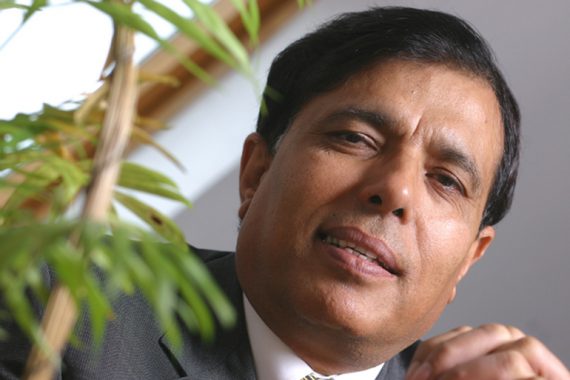‘Incentives to reduce referrals are unethical and misguided’

An investigation by Pulse has found that CCGs are offering ‘incentives’ to GPs for not sending patients for consultations with specialists, scans and operations. Even first appointments for cancer, that should occur within two weeks of a GP suspecting the disease, are included in some of the targets to cut referrals. Weren’t GPs recently accused of being responsible for delays in cancer diagnosis? GMC guidance very clearly states that doctors must not accept any ’inducement, gift or hospitality’ that affects or could be seen to affect the way a doctor treats or refers patients.
What next, rationing of essential services and introduction of charges? Already in many CCGs in England, patients are being denied prompt hip or cataract operations, hearing aids and fertility treatments. The list of hard-to-get services will just increase, reducing the NHS to a skeleton. GPs should have the courage to ignore such incentives, which are unethical, misguided and threaten patient trust.
GPs should have the courage to ignore such incentives, which are unethical, misguided and threaten patient trust
There is little doubt that the NHS is under huge strain from a period of sustained austerity. In this difficult economic climate it is not surprising that local NHS bodies across the country are having to make difficult choices in agonising circumstances, but we must not allow this to compromise the principles which have sustained our health services since its creation. Money that could be spent on patient care is being spent on unnecessary bureaucracy, management consultants, tender procurement, debt interest, PFI, and dividends.
The financial squeeze on health services will get much tighter over the next five years, with spending per person on the NHS falling by 9%. The Institute for Fiscal Studies said that even if the NHS budget remained protected from cuts, the growth in population would lead to big real terms cuts. The truth is that the NHS protection myth is over. Even if health spending continued to rise with inflation, as it has since 2010, age-adjusted spending per person would be 9% lower in 2018 than in 2010. On top of this the NHS is struggling to meet unrealistic £22 billion efficiency savings, and GPs are not getting the resources and support they need. If Jeremy Hunt wants more care to happen in a community setting, then the resources have to follow. From a practical point of view, another economic argument arises that undermines any plan to introduce such incentives – if people are denied hospital treatment, then their health will invariable be compromised as their wellbeing will worsen. This will result in patients needing more admissions to hospital, visits to the GP and so on. In the long term, this measure will therefore end up costing the NHS more money and waste further time, exacerbating the very problem that the incentives is supposed to solve.
The risks of longer waiting times, the clogging up of primary care services, cancelled operations, instability in primary and secondary care, and sinking staff morale looms closer. No one should be against CCGs making sure every penny is spent wisely. But we cannot and must not set ourselves down a path that devalues our cherished health system, and starts the process of splintering the delivering care based solely on balancing the books.
Dr Kailash Chand OBE is the deputy chair of the BMA, and a retired GP









